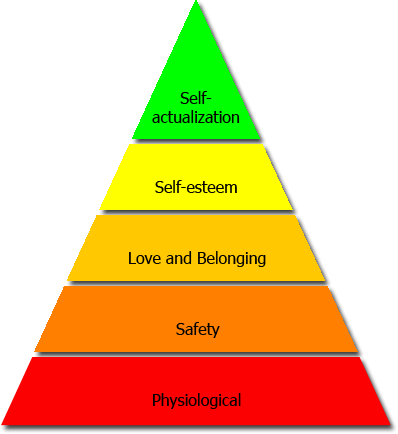 Life is full of decisions. In fact, every hour and every minute is composed of miniature ones that we subconsciously make. While some are intuitive, others require long and serious analysis to guide the next course of action. It is these critical decision points that give us pause and rightfully so. As recruiting season for full-time opportunities reaches its denouement, the next phase of decision-making starts. This is where everything comes together.
Life is full of decisions. In fact, every hour and every minute is composed of miniature ones that we subconsciously make. While some are intuitive, others require long and serious analysis to guide the next course of action. It is these critical decision points that give us pause and rightfully so. As recruiting season for full-time opportunities reaches its denouement, the next phase of decision-making starts. This is where everything comes together.
To choose one opportunity over others is tough. It is not easy considering all the factors that come into play. I find it interesting that in this kind of soul-searching process, money, though relevant, is not the main driver of my decision. It sure helps, but more important than that is the question of future opportunities, ambitions, and caliber of experience.

For lack of a better illustration, I think about Maslow’s hierarchy of needs and place special emphasis on the top three tiers: Self-actualization, Self-esteem, and Belongingness. In order to make sense of this big decision, I find myself asking the following ten questions (in no particular order): 1) Where do I see myself in 5, 10, or 15 years? 2) Where do I want to live? 3) What are the benefits like? 4) What kind of corporate culture would I like to be in? 5) Does the firm share the same values I have? 6) Did I like the people I visited and those I have met? 7) What kind of training will I receive? 8) Are there opportunities to travel? 9) How can this experience help me get to the next level? 10) How does the position fit in to my story?
It is important to look far enough down the road that the immediate role in front of me matters, but not too far that I can’t see how this decision can lead to what I envision.
What I realize in this exercise is that as much as I have devoted time in getting to know several companies, I am also learning more about myself, my interests, and personal goals. It is interesting how it comes full circle. Through this process, I have had to revise some of my plans and reassess earlier assumptions. So far, I have visited quite a few firms and I am really glad for these opportunities. Though it won’t be an easy one, I’m looking forward to making a decision in the next few weeks and use exactly this framework I’ve laid out. Choosing the next step after graduate school is certainly my next crossroads.





